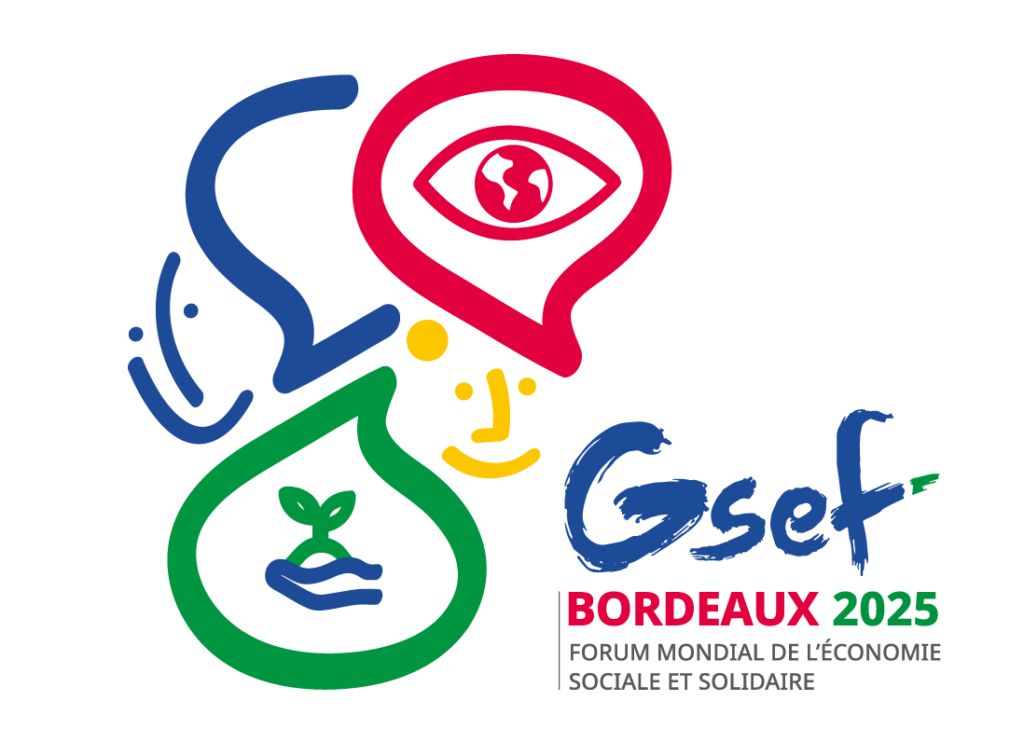
The Economy of Life: From Ancestral Alternatives to the Hacker Ethos for a New Paradigm
Our system of unlimited growth is causing a collapse at the social, political, economic, and ecological levels. In a world of limited resources, development coupled with the imperative of growth-productivity-consumerism is simply not sustainable. It is, in essence, the economy of death.
Yet, we human beings have inhabited this planet for a long time and have developed other, non-capitalist forms of economic organisation. Alternatives exist upon which to base another concept of economy: an economy not tied to financial markets, a community-based economy, an economy of well-being. An economy of life.
This “economy of life” must draw inspiration from ancestral wisdoms, address current challenges, and project itself into an interconnected global future.
Community-based economies will develop at a local level whilst being networked with each other on regional, national, and international scales. This network will function in a decentralised, self-organising, cooperative, and collaborative manner, founded on the sharing of goods, social bonds, and knowledge, all in harmony with nature.
During this presentation, we will survey these alternatives: from African economies, such as stokvels (South Africa) or tontines and AVEC (Village Savings and Loan Associations) in Senegal, to business models like Utu-Ubuntu (Kenya). We will then travel to South America with the concept of Buen Vivir, before returning to the Global North to explore concepts of degrowth, cooperativism, and time banks.
Finally, we will bring these experiences into dialogue with the hacker ethos, which has already revolutionised the model of the intangible economy (knowledge and culture) by prioritising access, making networking a standard, and making global interconnection a reality. It has redefined the space-time relationship and made technological sovereignty accessible through free and open-source software.
We will see that ancestral economies, degrowth, and the hacker ethic share common principles. At the heart of this new paradigm are trust and well-being, which are no longer measured by material accumulation but by quality of life, individual and collective development, and the bonds between people, communities, and nature, where collaboration and cooperativism are put into practice.